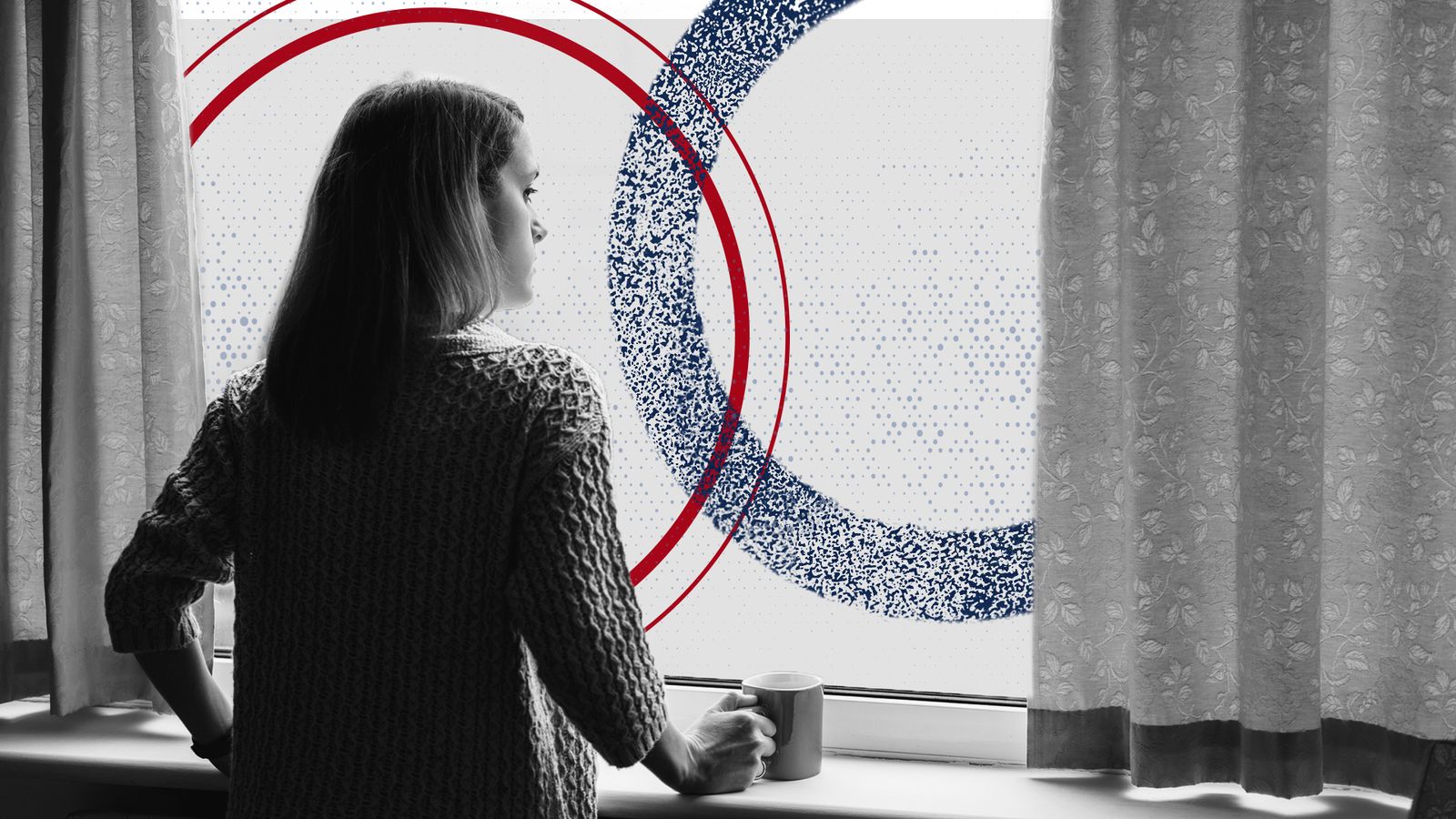The government is changing the rules around self-isolation in a move to force more people to stay at home if they have coronavirus.
The new rules apply in England, but the government says it is “engaging” with devolved authorities to develop a system which is aligned across the UK.
New Fines
From 28 September, people will be required to self-isolate by law if they test positive or are contacted by a test and trace service.
If they fail to comply, they will face tougher penalties than before.
Fines for breaching the law will start at £1,000 and go up to £10,000 for those who offend repeatedly or behave in a way that causes the most harm.
The £1,000 starting fine is the same as that for people who fail to quarantine after arriving from one of the countries which is not on the UK’s travel corridor list.
As is currently the case, exemptions will be made for anyone who needs to break the rules because they are ill or will suffer harm due to their isolation, and those that require care.
£500 payment
Those people in work on low incomes will be able to claim a £500 lump sum payment if they cannot work from home and are required to self-isolate, either because they’ve tested positive or are a close contact of a positive case.
This is to make up for any income they may lose because they are having to stay at home.
Just under four million people in England will be eligible.
Those who can claim must be:
- Told by NHS Test and Trace they are required to self-isolate
- Employed or self-employed
- Unable to work from home and will lose income as a result; and
- Currently receiving universal credit, working tax credit, income-based employment and support allowance, income-based jobseeker’s allowance, income support, housing benefit and/or pension credit
The payment scheme is being called ‘test and trace support’.
At the same time, business owners will also face fines of up to £10,000 if they threaten self-isolating staff with redundancy if they do not come to work.
The government hopes this will send “a clear message that this will not be tolerated”.
Local authorities will be required to set up the support schemes and have them in place by 12 October.
Anyone told to self-isolate from 28 September will receive backdated payments once the scheme is set up in their area.
Extra checks
A number of new steps will be taken to ensure people are complying with the rules.
These include:
- NHS Test and Trace call handlers will make regular contact with those self-isolating. The handlers will be able inform the local authorities and police if they suspect that people are not adhering to the rules
- Police will check those in areas where COVID is worst and in high-risk groups, using local intelligence
- High-profile and the worst cases of non-compliance will be investigated and prosecuted; and
- Instances where third parties have identified others who have tested positive but are not self-isolating will be acted upon
Refocus on self-isolation
The government says the new measures are a recognition that self-isolation is one of the most powerful tools for controlling the transmission of COVID-19.
Prime Minister Boris Johnson says: “The best way we can fight this virus is by everyone following the rules and self-isolating if they’re at risk of passing on coronavirus.
“And so nobody underestimates just how important this is, new regulations will mean you are legally obliged to do so if you have the virus or have been asked to do so by NHS Test and Trace.
“People who choose to ignore the rules will face significant fines. We need to do all we can to control the spread of this virus, to prevent the most vulnerable people from becoming infected, and to protect the NHS and save lives.”
